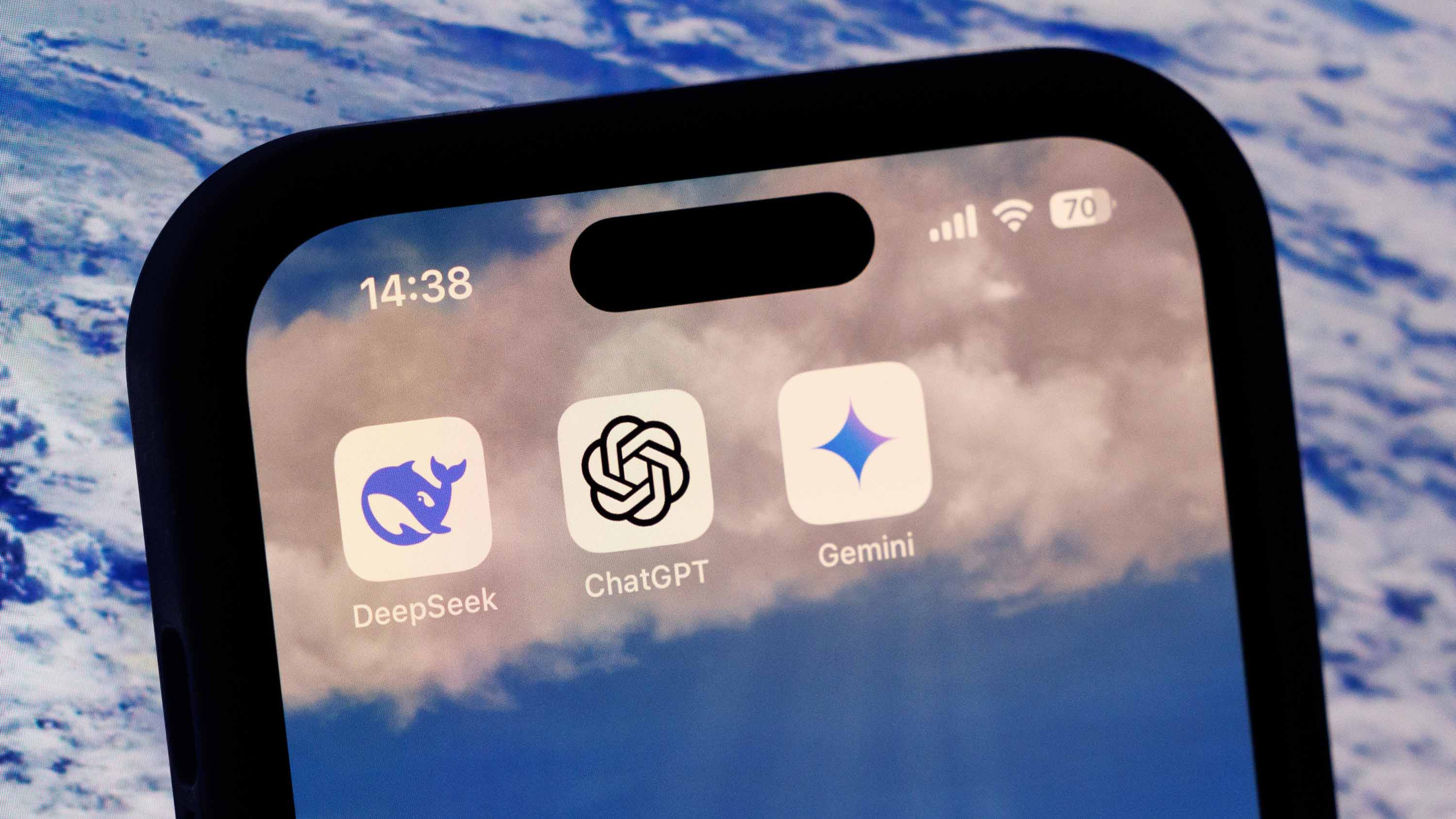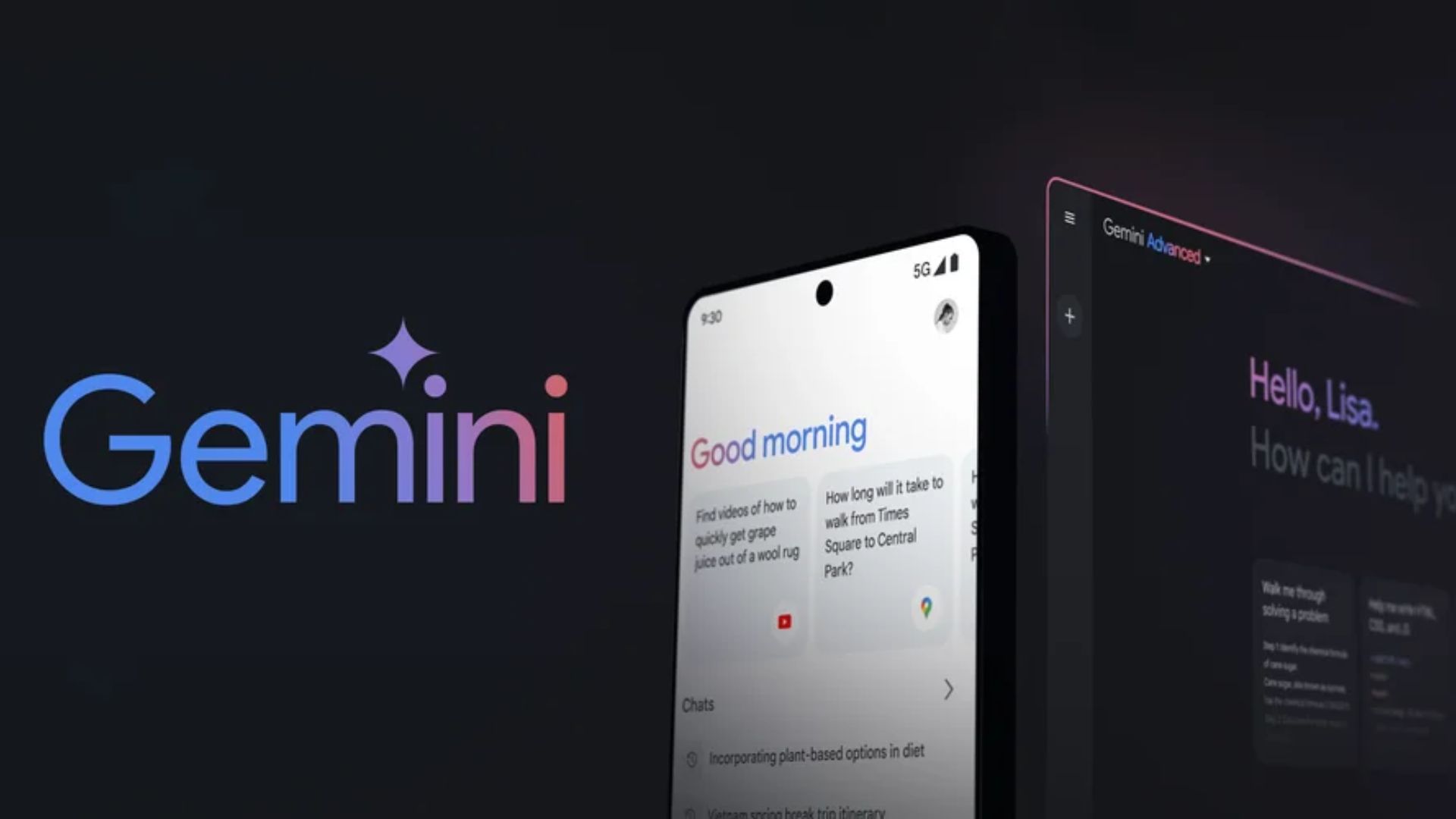Google's Gemini 2.0 rolls out to everyone to compete with OpenAI, Microsoft, and DeepSeek
Google has a range of Gemini 2.0 models available for developers.

Google just expanded the availability of Gemini 2.0, bringing more competition to OpenAI, Microsoft, and DeepSeek. The rollout also gives developers more tools to choose from at a range of price points and computing requirements. Google's blog post on the topic, titled "Gemini 2.0 is now available to everyone," outlines what's new, but it's worth adding some context since Gemini 2.0 refers to multiple models.
As of this week, Gemini 2.0 Flash is generally available through the Gemini API in Google AI Studio and Vertex AI. That means developers can make apps that use Gemini 2.0 Flash, which is
Google also released an experimental version of Gemini 2.0 Pro this week, which is the company's best model for responding to complex prompts. Gemini Pro is available in Google AI Studio and Vertex AI, as well as the Gemini app for Gemini Advanced users.
Gemini 2.0 Flash-Lite is also in public preview in Google Ai Studio and Vertex AI now. That model is Google's most cost-efficient option.
Lastly, 2.0 Flash Thinking Experimental is now available in the Gemini app's dropdown menu.
All of these models fall under Gemini 2.0, so there is some overlap of capabilities, but there are key differences between the Gemini 2.0 versions.
Gemini vs OpenAI vs DeepSeek

It can be difficult to keep track of all the different AI models and variants. It seems like every week we read about a new model, such as DeepSeek's R1 models or OpenAI's o3 mini. On top of that, models are used in a variety of ways by tech giants and developers. You may keep up to date with the latest tech trends and know all the different models and tools, but I'd be willing to bet many were confused when DeepSeek and Think Deeper were trending at the same time. With that in mind, here's a quick rundown of the new Google Gemini models with some context on how they relate to other AI tech.
Get the Windows Central Newsletter
All the latest news, reviews, and guides for Windows and Xbox diehards.
Gemini 2.0 Pro
Google referred to Gemini 2.0 Pro as its "best model yet for coding performance and complex prompts." Models like this often push the edge of what's possible with current technology but come at a higher cost. In that sense, Gemini 2.0 is similar to OpenAI's o1 model.
Gemini 2.0 Flash
Gemini 2.0 Flash is the latest from Google's "Flash" series of AI models. The company notes that Flash models are popular with developers and that they're "optimal for high-volume, high-frequency tasks at scale and highly capable of multimodal reasoning."
Gemini 2.0 Flash-Lite
This is a more affordable model that is more cost effective than alternatives. When DeepSeek's R1 model burst onto the scene, it disrupted the AI industry due to its cost to develop and operate. While some of the figures initially reported were shared without context, it became clear that there was a demand for more cost-effective AI models.
More information about the development and operating cost DeepSeek undertook has since come out, but the resulting model is still impressive and more cost efficient than many competing models.
Gemini 2.0 Flash Thinking Experimental
Gemini 2.0 Flash Thinking is an enhanced reasoning model that can show how it processes information. It's a bit like having someone talk through their thought process while explaining something. The model is designed to do well covering topics related to science and math, both of which require complex reasoning skills.
Gemin 2.0 Flash Thinking is similar to OpenAI's o1 reasoning model in that both models use complex reasoning.
RELATED: Researchers develop $50 OpenAI competitor in less than 30 minutes
Copilot users now have free access to Think Deeper, which is a feature that uses OpenAI's o1 model. That feature also specializes in math, science, and coding.

Sean Endicott is a tech journalist at Windows Central, specializing in Windows, Microsoft software, AI, and PCs. He's covered major launches, from Windows 10 and 11 to the rise of AI tools like ChatGPT. Sean's journey began with the Lumia 740, leading to strong ties with app developers. Outside writing, he coaches American football, utilizing Microsoft services to manage his team. He studied broadcast journalism at Nottingham Trent University and is active on X @SeanEndicott_ and Threads @sean_endicott_.
